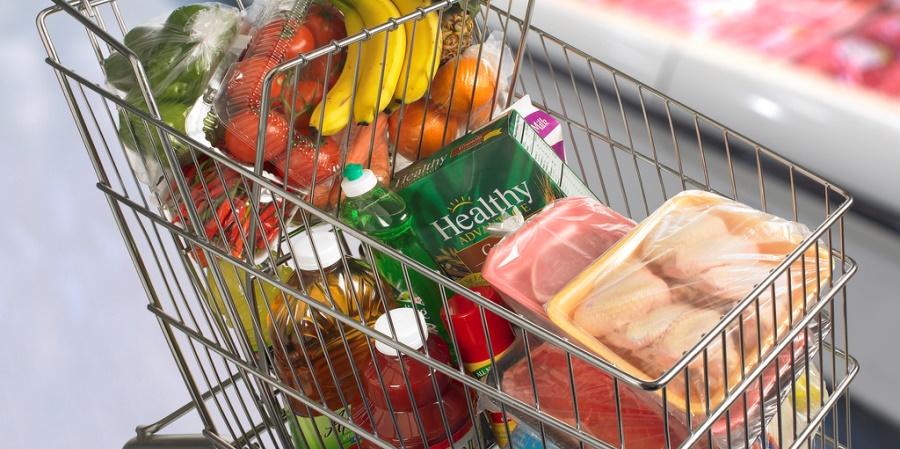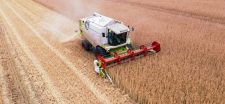Following a summer that has been one of the warmest on records, the price of multiple food items across the country is set to rise.
Reports from the Centre for Economics and Business Research (cebr), say dry spells lasted more than 50 days in parts of the country in a summer that followed on from a cold, wet and challenging winter last year.
Cebr believes that different conditions of weather is something that farmers are well accustomed to, however the extreme weather seen this year has put particular stress on farming costs and yields.
Domestic food production has felt the effects, with wholesale prices for vegetables rising markedly.
From March to July, the farm gate price of onions (+41%), carrots (+80%), lettuce (+61%), wheat for bread (+20%) and strawberries (+28%) rose by a fifth or more each.
Dairy production had also suffered until recently, registering 11 consecutive weekly falls as the hot weather hampered grass growth.
This has seen the farm gate price of butter rise 24% since March.
Cebr explains: “Some farmers have had to turn to already depleted backup supplies to boost production, which will keep upward pressure on feed costs in the coming winter.”
Though the heat has reduced the fertility of pigs and contributed to an 8% rise in piglet prices since March, the price of red meat is set to fall marginally in the short run.
This is down to farmers looking to sell livestock earlier than normal to reduce the burden on grazing land.
With the wholesale price of many crops already rising and meat prices set to climb in coming months Cebr report it is likely that wholefood prices will rise at least 5%.
Using Department for Environment, Food & Rural Affairs (Defra) research, Cebr estimates that the extreme weather will ultimately drive up the costs to UK consumers by £45 million per week.
This is equivalent to a rise of £7.15 per month per household.
The Defra research suggests that commodity price spikes can take 18 months to fully feed through into inflation.
So, while the worst of heat may have passed, the cost for consumers’ pockets looks set to climb.









